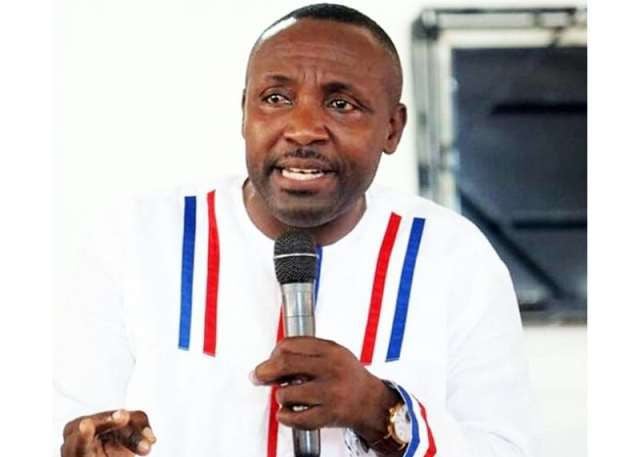The political landscape in Ghana has been embroiled in controversy surrounding petitions seeking the removal of Chief Justice Gertrude Esaaba Torkornoo. John Boadu, a former General Secretary of the New Patriotic Party (NPP), has leveled serious accusations against former President John Dramani Mahama, claiming that Mahama himself authored the petitions despite different names appearing on the documents. This allegation has fueled a heated debate, with the NPP organizing a demonstration dubbed #SaveTheJudiciaryDemo, demanding a reversal of what they perceive as a politically motivated attack on the judiciary’s independence.
The controversy began with the submission of three separate petitions to the Council of State, alleging misconduct against the Chief Justice. After a preliminary review, the Council of State determined that a prima facie case existed and forwarded the petitions to a five-member committee of inquiry for further investigation. The content of the petitions, which were leaked to the media, remains largely undisclosed, but their existence has sparked significant public interest and political maneuvering.
Boadu’s accusations directly implicate Mahama in orchestrating the Chief Justice’s removal. He claims Mahama, while in opposition, publicly vowed to replace the Chief Justice and is now executing this plan through these petitions. Boadu argues that this alleged scheme is intended to pack the Supreme Court with loyalists of Mahama’s party, the National Democratic Congress (NDC), thereby undermining the judiciary’s impartiality. This allegation adds a layer of complexity to an already contentious situation, raising concerns about the potential politicization of the judicial process.
The #SaveTheJudiciaryDemo, organized by the NPP and supported by some opposition parties, reflects the growing concern over the perceived threat to judicial independence. The demonstration aims to pressure the authorities to reconsider the proceedings against the Chief Justice and to uphold the principles of a non-partisan judiciary. The involvement of opposition parties alongside the NPP signals a broader apprehension about the implications of this case for the integrity of Ghana’s democratic institutions.
Boadu’s assertion, “I’m not making an allegation. I’m saying that John Mahama wrote the letter to himself,” underscores the gravity of the accusation. He claims that Mahama’s prior public statements regarding the Chief Justice provide sufficient evidence to support his claim. This direct and unequivocal accusation, however, lacks concrete proof and remains within the realm of political rhetoric. The veracity of Boadu’s claim needs to be substantiated with evidence to move beyond mere allegation.
The unfolding situation has created significant political tension in Ghana. The accusations against Mahama, the petitions against the Chief Justice, and the subsequent public demonstration represent a conflict that transcends a simple legal procedure. It touches upon fundamental issues of separation of powers, judicial independence, and the integrity of democratic processes. The outcome of this controversy will undoubtedly have far-reaching consequences for the political and judicial landscape of Ghana. The committee of inquiry’s findings will be crucial in determining the future course of action and the credibility of the allegations levelled against both the Chief Justice and former President Mahama. The situation calls for a thorough and impartial investigation to ensure that justice prevails and that the integrity of the judiciary is preserved.














